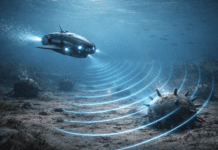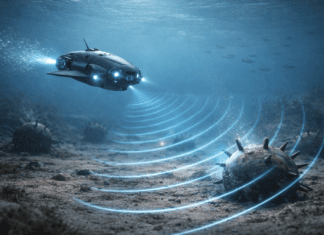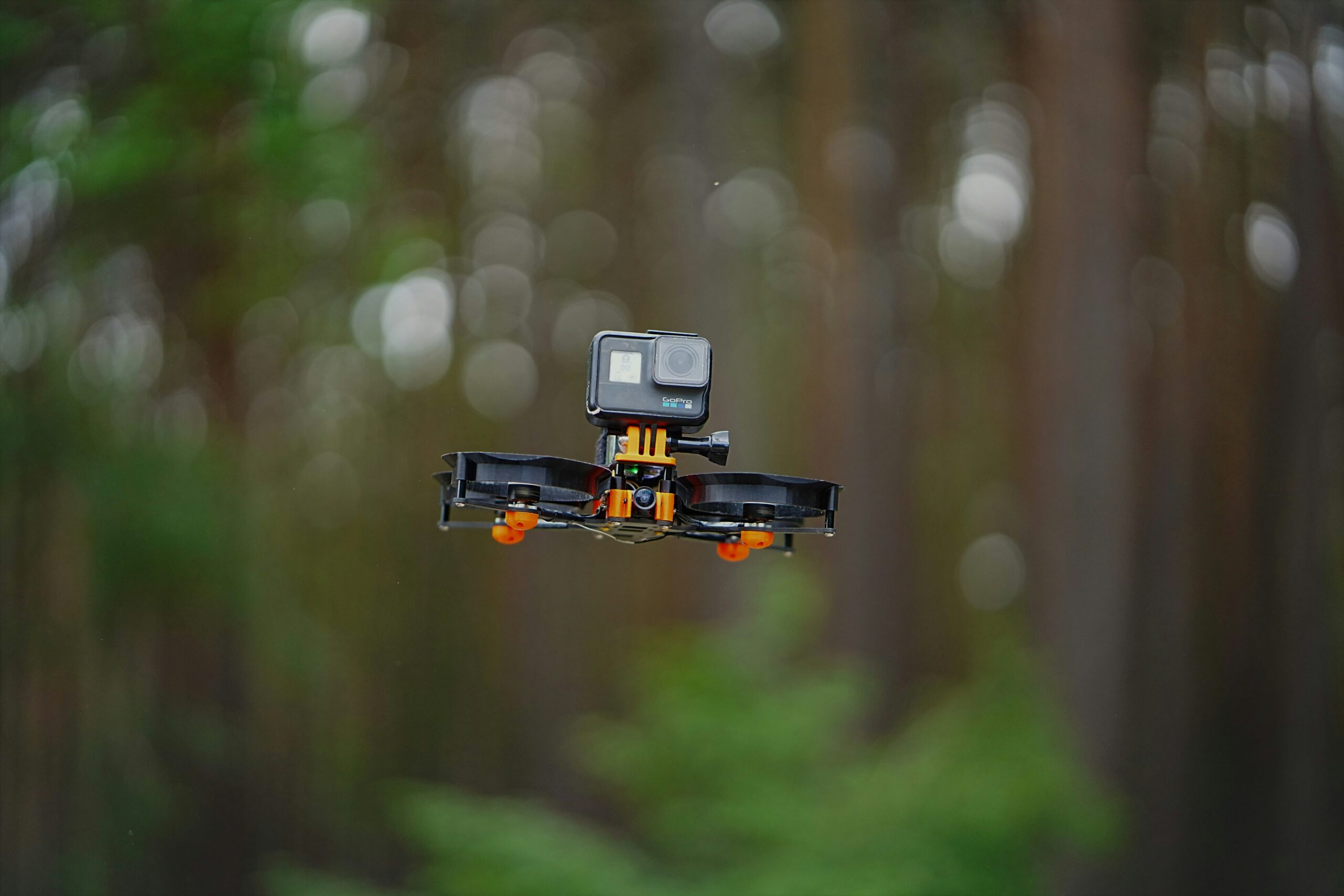This post is also available in:
 עברית (Hebrew)
עברית (Hebrew)
Advances in technology also have a darker side. The world relies on encryption to protect everything from credit card transactions to databases holding health records and other sensitive information. However, it appears that in the near future, super-powerful quantum computers will be able to crack conventional cryptographic defenses. This is the conclusion of a new report from the US National Academies of Sciences, Engineering, and Medicine.
Today’s cyberdefenses rely heavily on the fact that it would take even the most powerful classical supercomputers almost unimaginable amounts of time to unravel the cryptographic algorithms that protect our data, computer networks, and other digital systems. But computers that harness quantum bits, or qubits, promise to deliver exponential leaps in processing power that could break today’s best encryption, according to technologyreview.com.
The widespread adoption of quantum-resistant cryptography “will be a long and difficult process” that “probably cannot be completed in less than 20 years,” says the report. It’s possible that highly capable quantum machines will appear before then, and if hackers get their hands on them, the result could be a security and privacy nightmare.
Such machines, which would require a couple of thousand “logical” qubits, are probably at least a decade away, say the US experts. Qubits’ delicate quantum state can be disrupted by things like tiny changes in temperature or very slight vibrations, so it can require thousands of linked qubits to produce a single logical one that can be reliably used for computation.
So a defensive strategy is more than needed by several sectors. One of the authors of the report, William Oliver, an MIT physics professor, notes that governments and businesses like banks often need to keep data secure for decades. They, therefore, need to be thinking now about potential future threats to the encryption they’re using.
The vehicle industry is another sector that will have to deal with this challenge. Scott Totzke, the CEO of Isara, a startup that’s developing quantum-proof cryptographic solutions, says it’s getting plenty of interest from automakers worried about risks to software in connected cars and other vehicles.
New encryption methods that can’t be cracked by quantum computers are elaborated in the report. The US National Institute of Standards and Technology is working to develop standards for quantum-proof cryptographic algorithms related to them. The biggest challenge will be getting them widely adopted. Apparently, it will take at least a couple of decades to get quantum-safe cryptography broadly in place.


























